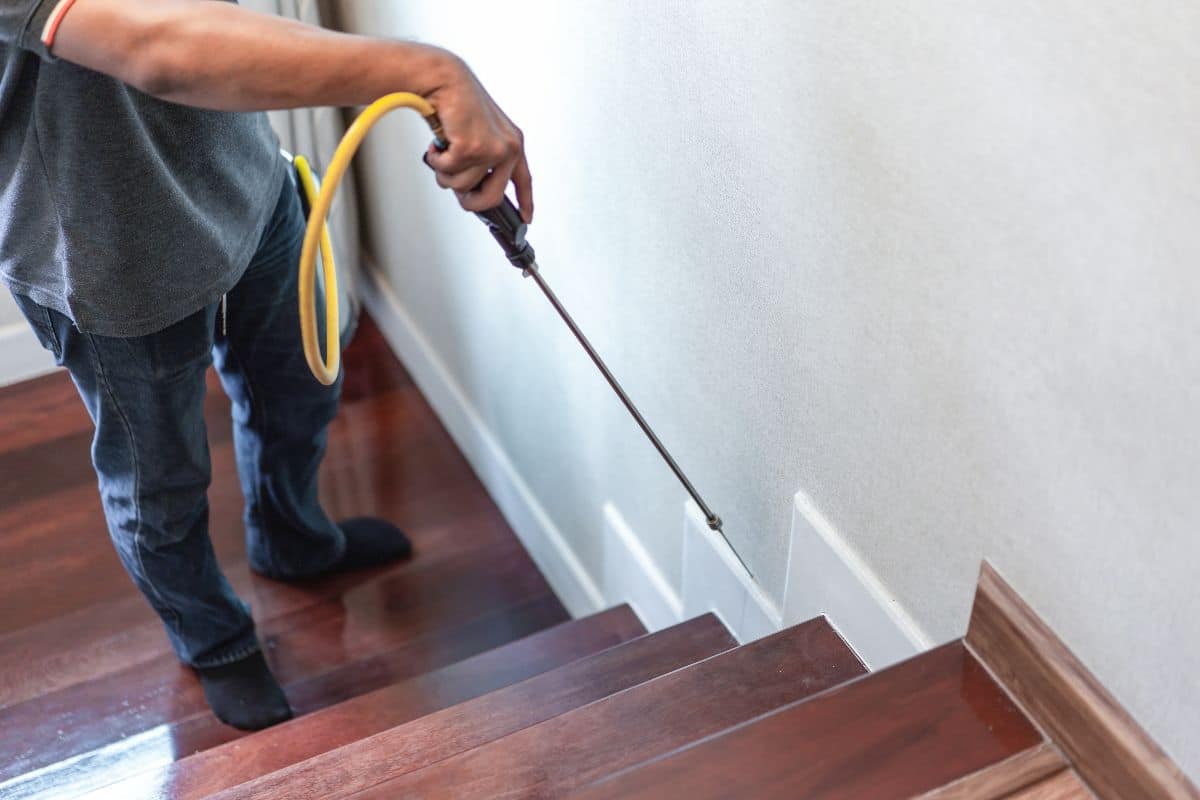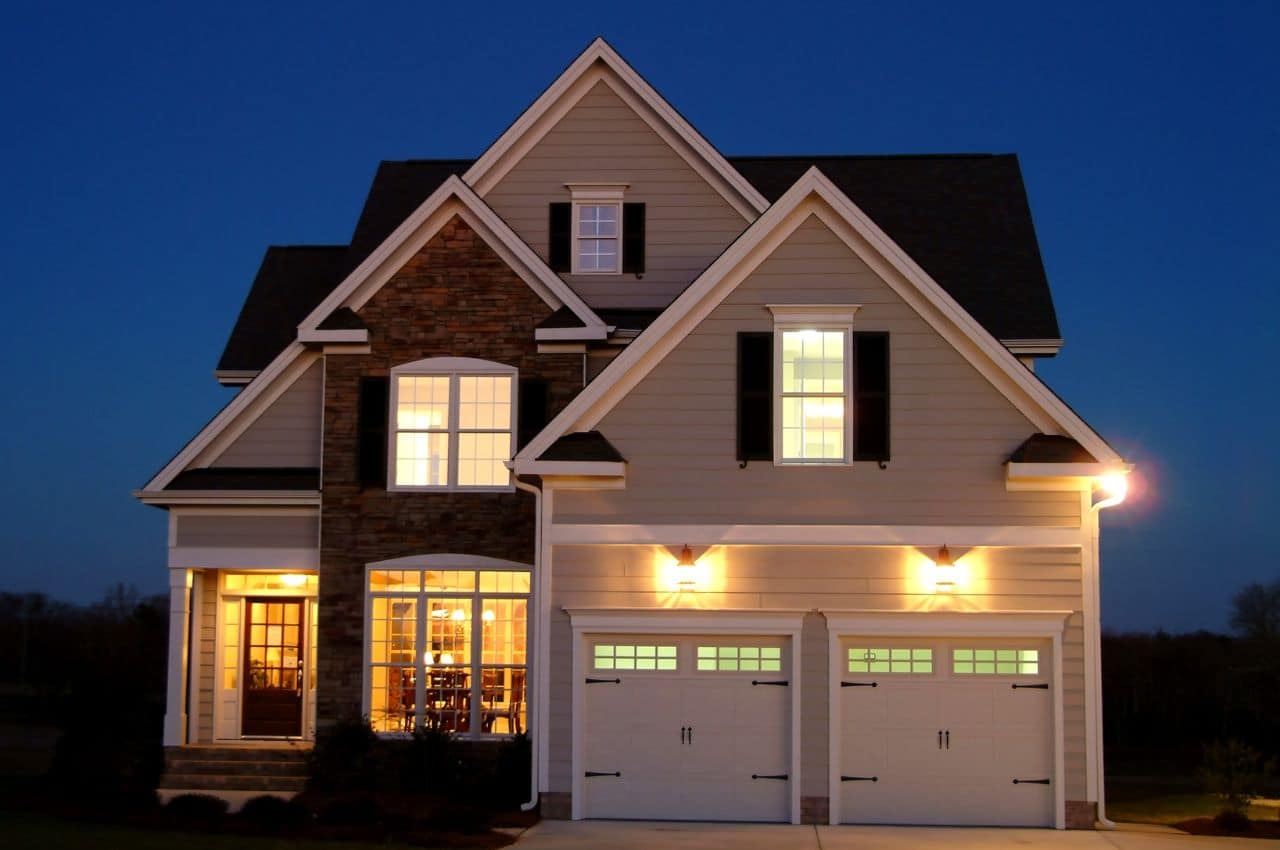Managing pest control in rental properties can be tricky. Termites, cockroaches, ants, and other pests can cause major problems, and dealing with them is an important part of property management. Not only can pests damage property, but they also make tenants uncomfortable. Taking the right steps to handle pest control is essential for keeping properties safe and tenants happy.
In this guide, we’ll explore some key ways to manage pest and termite control in rental properties, including how to set up a plan, what to look out for, and why it’s important to get ahead of the problem before it gets too big.
Have a Clear Pest Control Plan
The first step to managing pests in a rental property is having a solid plan. A good pest control plan doesn’t have to be complicated, but it should include things like:
– Regular inspections of the property.
– Keeping records of any pest issues or treatments.
– A schedule for routine pest control services, like spraying or termite checks.
This plan can be part of the regular maintenance you already do, like HVAC inspections or checking the smoke alarms. By having it all written down, you can make sure things are done on time and keep track of any pest problems that come up.
With pests, the goal is to prevent infestations before they happen. That’s why having a pest control plan in place helps. It’s always easier (and cheaper!) to stop pests from entering the property than dealing with an infestation later.
Know the Signs of Common Pests
Knowing what to look for when it comes to pests is super important. You don’t want to wait until pests are running all over the place before you notice there’s a problem.
Here are some common signs to watch for:
– Termites:
Look for mud tubes along walls, cracks in wood, or tiny holes in furniture and walls. If you see wood that sounds hollow or feels soft, termites might be the problem.
– Cockroaches:
These bugs leave behind droppings that look like black pepper or coffee grounds. You might also notice a musty smell if there’s a large infestation.
– Ants:
If you see ants inside, check outside for ant hills or piles of dirt near the building. They often sneak in looking for food, so crumbs and spills can attract them.
– Rodents:
Mice and rats can be identified by droppings, chew marks on wires or furniture, and small holes they’ve chewed to get inside.
– Bed bugs:
These tiny pests hide in mattress seams, furniture, and even walls. They leave tiny dark spots or shed skins, and their bites cause itchy red bumps.
If you or your tenants spot any of these signs, it’s time to act quickly. Small pest problems can grow fast if they’re not taken care of right away.
Encourage Tenants to Report Problems Quickly
One of the biggest problems property managers face is tenants not reporting pest problems. Sometimes, tenants might try to fix the problem themselves, or they might not even notice there’s an issue until it’s too late. To avoid this, make sure tenants know they should report any pest issues right away.
Let them know that pest control is a part of their lease agreement. Make it easy for them to report any sightings or issues, and be sure to take action fast. The sooner you know about a problem, the sooner you can fix it.
Tenants will also appreciate it if you include pest control as part of their regular benefits. If they don’t have to pay for treatments, they’ll be more likely to let you know when they spot a pest.
Work With Professional Pest Control Services
While you might be able to handle small pest problems yourself, it’s often better to hire professionals. Pest control companies have the right tools and experience to handle both small and big pest issues. They can also offer advice on how to keep pests from coming back.
Here’s why it’s a good idea to bring in professionals:
– Expertise:
Pest control companies know where to look and how to get rid of pests safely.
– Preventative treatments:
Many companies offer regular treatments that keep pests from coming back, like spraying for ants or termites.
– Proper equipment:
Some pests, like termites, require special chemicals or tools to fully eliminate them. Trying to do it yourself could end up being more expensive or less effective.
When you choose a pest control company, look for one that specializes in rental properties. Services like Pest Share are designed specifically to help property managers handle pest control easily. They make sure pests are taken care of without the manager needing to get involved every step of the way.
Termite Control Is Crucial
Termites are one of the most dangerous pests when it comes to property damage. They can chew through wood and cause structural damage that’s expensive to repair. For rental properties, it’s important to make sure termites are never given the chance to get comfortable.
Here are some tips for termite control:
– Get regular inspections.
Some pest control companies offer yearly termite inspections. These checks can spot termites early and stop them before they do major damage.
– Look for signs of termites.
Mud tubes, hollow-sounding wood, and tiny holes are all signs of termites. If you see any of these, call a pest control service right away.
– Use termite barriers.
Some treatments, like chemical barriers or baiting systems, help keep termites from getting into the building in the first place. These can be installed by a professional and are worth considering in termite-prone areas.
Keep the Property Clean and Maintained
Pests are usually attracted to dirt, food, and moisture. One of the best ways to keep pests out of a property is to keep it clean and well-maintained. Make sure to:
– Fix leaks right away:
Water attracts pests like cockroaches and termites.
– Clean up food:
If tenants leave food out, ants and other bugs will follow. Encourage tenants to keep their kitchens clean, and take care of any garbage promptly.
– Seal entry points:
Small holes in windows, doors, or walls can be an open invitation for pests. Make sure to regularly check the property for cracks or gaps and seal them up.
This basic maintenance can go a long way toward keeping pests from becoming a bigger issue.
Pest Control as a Selling Point
In the competitive world of property management, offering pest control as part of the rental package can be a huge bonus. Tenants are more likely to sign a lease if they know pest control is covered, and it can be a relief for them to know they don’t have to worry about the cost or hassle.
By working with a service like Pest Share, you can offer this amenity to your tenants and show them you care about their comfort. This also boosts tenant satisfaction, making them more likely to stay long-term, which means fewer vacancies and a more profitable property for you.
Managing pest and termite control in rental properties is important for both keeping tenants happy and maintaining the property’s value. With a clear plan, regular inspections, and the help of professionals, you can keep pests under control and avoid costly damage. By offering pest control as part of the rental package, you show tenants you’re committed to providing a safe and comfortable home, while also improving your property’s profitability.






